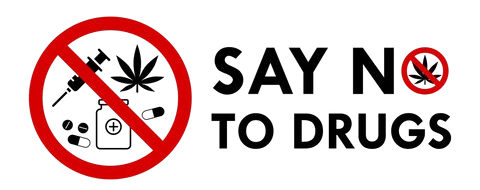Introduction: Drug addiction is one of the most critical social issues affecting individuals and families across the globe. It doesn’t just harm the person using the substance but creates a ripple effect of pain, helplessness, and destruction among loved ones. However, the good news is this: recovery is possible. With the right support, determination, and guidance, anyone can break free from the chains of addiction.
Understanding Drug Addiction Drug addiction is a chronic disease that affects brain function and behavior. Unlike what many believe, it’s not merely a lack of willpower or a moral failing. Repeated drug use alters the brain in ways that make quitting difficult, even for those who genuinely want to.
Commonly abused substances include:
- Prescription medications (painkillers, sedatives)
- Alcohol
- Cannabis
- Cocaine
- Heroin
- Methamphetamine
Causes and Risk Factors People turn to drugs for a variety of reasons, such as:
- Mental health issues like depression and anxiety
- Peer pressure
- Curiosity or experimentation
- Family history of addiction
- Trauma or abuse
Understanding the underlying cause is crucial for effective treatment and recovery.
Warning Signs of Drug Addiction Recognizing the signs early can prevent the situation from worsening. These include:
- Sudden changes in behavior or mood
- Social withdrawal
- Financial issues or stealing
- Neglecting responsibilities
- Physical symptoms like weight loss, red eyes, tremors
Steps towards Recovery is a personal journey that often involves multiple stages and continuous support.
Here are key steps:
- Acknowledgment: The first and most important step is admitting there is a problem.
- Seeking Help: Consulting a medical professional, psychologist, or addiction specialist is vital.
- Detoxification: A medically supervised detox can help manage withdrawal symptoms safely.
- Rehabilitation Programs: Residential or outpatient rehab centers provide therapy, support groups, and life skills training.
- Counseling & Therapy: Individual or group therapy addresses the emotional and psychological causes of addiction.
- Support Networks: Engaging with support groups like Narcotics Anonymous can provide ongoing motivation and accountability.
Role of Family and Society Support from loved ones can significantly enhance the chances of recovery. Families should educate themselves, offer emotional support, and encourage their loved one to stay committed. Communities and workplaces also play a vital role by promoting awareness and reducing the stigma around addiction.
Prevention is Better than Cure Preventing addiction is just as important as treating it. Education, open communication, early mental health interventions, and creating safe environments for youth can significantly reduce the risk of substance abuse.
Conclusion Drug addiction is a powerful force, but it is not unbeatable. With compassion, medical care, and social support, individuals can reclaim their lives. If you or someone you know is struggling with addiction, take the first step today. There is hope, and there is help. Let’s walk the path of recovery together and build a future free from the grip of drugs with – https://ayurvaidh.com/.



